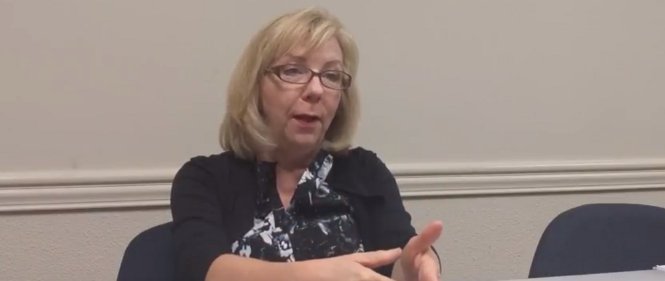Discussions have circulated across the public recently regarding The Mississippi Department of Mental Health’s announcement that 650 jobs were having to be cut, given their budget appropriation for Fiscal Year 2018.
RELATED: Department of Mental Health discusses impacts of budget cuts
Senate Appropriations Chair Buck Clarke told News Mississippi that the cut from DMH is really only about 4%, and that state support was only cut about $10 million.
“The true picture of the Department of Mental Health’s budget is… last year, their state support appropriation was $240, 960,000,” said Clarke. “After budget cuts, it’s $236,900,000… the $241 million isn’t a real number, because they never got that.”
Clarke said the total FY 2018 appropriation is $226,715,000, or a cut of 4.3%.
Attorney General Jim Hood said that the cuts could impact the state’s standing in the lawsuit over mental health services in Mississippi, which was handed down by the Department of Justice.
“This is a huge case,” said Attorney General Jim Hood. “And for them (legislators) to stick their head in the sand, for them to hope someone else will pay for it and still say ‘well, I didn’t raise your taxes, they’re just kicking the can down the road.”
Hood said the delay of action was ridiculous, and only adding to pre-existing conditions with mental health treatment in Mississippi.
Joy Hogge, the president of Families of Allies, told News Mississippi that the bigger picture isn’t being clearly seen when it comes to treating mental illness in the state.
“As far as the mental health budget goes, we absolutely want to make sure that it is funded, and that it is funded the way it should be,” said Hogge. “But those are two different questions, and two different issues to look at. There’s adequate funding, and then there’s what we’re actually spending our money on.”
Hogge said Mississippi still heavily relies on an outdated system when it comes to mental health treatment.
“We’re still relying very, very much on institutional care for people with mental health. And that’s something other states were doing 40, 50, 60 years ago because that’s all we knew,” said Hogge. “What we’ve learned is that doesn’t really help people with mental illness. It is much better to transfer services to the community, and everyone gets to live together, instead of taking one group of people and moving them somewhere else.”
The heavy reliance on institutions over community-based treatment is why Hogge said the Department of Justice lawsuit came down. She added that with the budget cuts, the reliance will only grow.
“Other states have been sued, and have been able to fix their problems,” said Hogge. “I just hope that’s what we can do here.”




